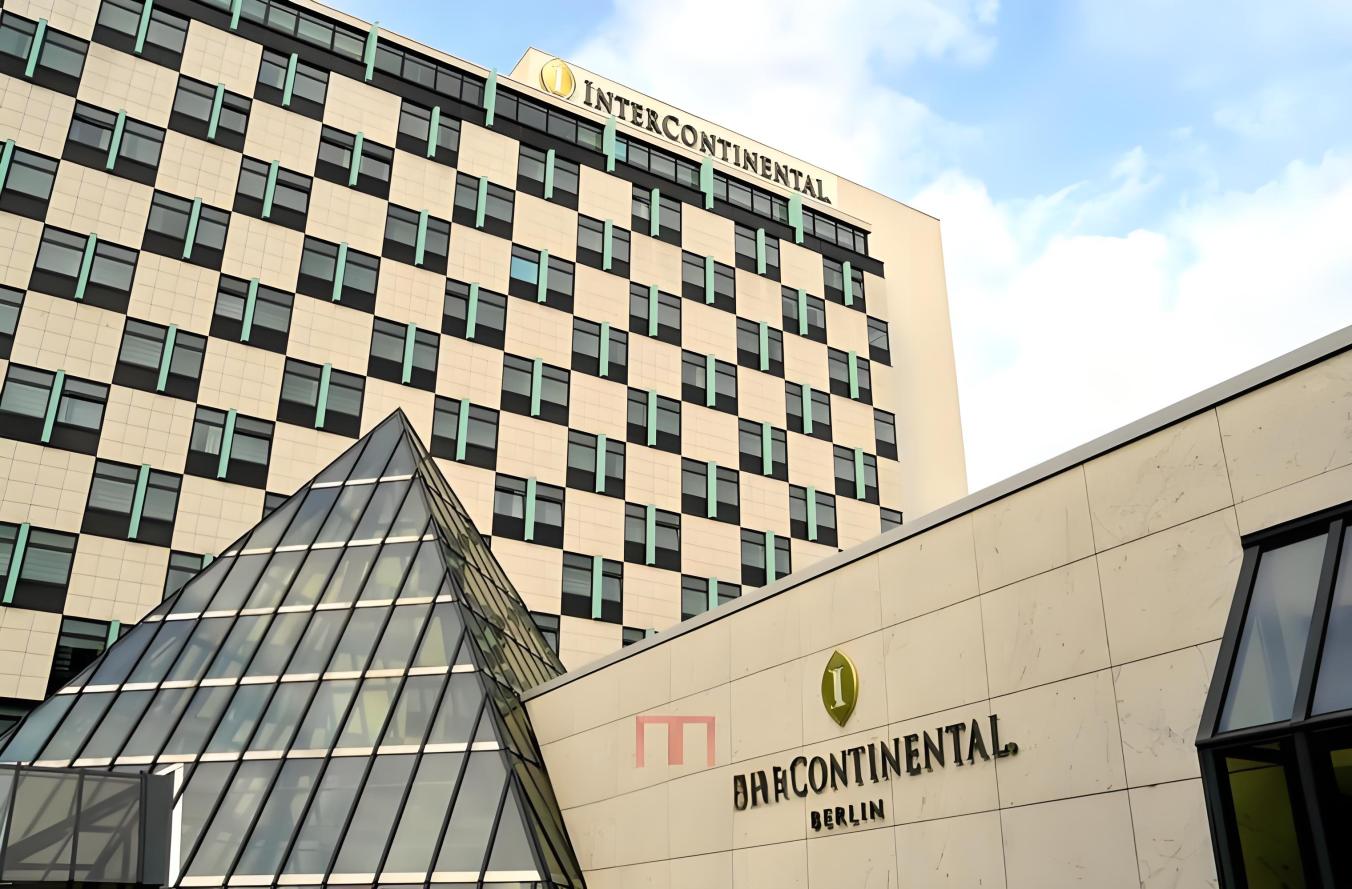
In the current context of globalization, the tense geopolitical situation, frequent trade wars, and potential economic challenges have introduced significant uncertainties to the development of the international hotel industry. However, the Berlin Global Hotel Investment Conference reported on April 3rd conveyed an encouraging message: despite
numeous challenges, consumers’ strong desire to travel is likely to serve as a powerful driving force for enhancing the business prospects of the hotel industry in the coming months.
Since the lingering shadow of the pandemic has gradually dissipated, the international tourism industry has demonstrated robust recovery momentum. According to the latest World Travel Monitor data from IPK International, international travel increased by 13% in 2024, reaching the pre - 2019 level. Compared to 2023, international travel from North America increased by an additional 7%. Outbound travel from Europe and North America has even surpassed pre - pandemic levels. The continuously surging enthusiasm for travel has offset the impact of rising travel costs. Data from the German Tourism Association shows that the tourism sales in Germany are expected to grow by 12% in the summer of 2025. Even in the face of geopolitical and economic pressures, people’s passion for exploring the world remains undiminished. This undoubtedly provides a vast market space for international hotel operators.
Analysts point out that the international tourism industry continues to grow, and there are profound reasons behind this. On the one hand, as the global economy gradually recovers, people’s disposable income increases, and their pursuit of quality of life is also on the rise. Travel has become an important way for people to enjoy life. On the other hand, the tourism industry itself is constantly innovating. The application of digital online sightseeing and AI technology has made travel experiences more personalized and convenient. For example, Google is helping airlines reduce emissions, Expedia has automated bookings and managed and optimized processes, and hotel chains like Hilton have used technological means to reduce food waste and improve accessibility for the visually impaired. These innovations not only enhance tourists’ satisfaction but also attract more people to choose to travel.
In such a macro - environment, hotel operators in Europe, the Middle East, and Africa have embraced new opportunities. Due to various reasons, some consumers choose to avoid traveling to the United States, making these regions popular alternative destinations. Europe, with its long history, rich culture, and diverse landscapes, has always been a popular tourist destination globally. In December 2024, the European hotel market as a whole showed a positive growth trend. The average occupancy rate increased by 1.4 percentage points, and the average ADR rose by 1.6%. The occupancy rates of all destinations exceeded 64%. Benefiting from the return of American tourists, the high - end hotel market outperformed other segments. RevPAR increased by 5%, while RevPAR for economy and mid - range hotels grew by 3.4% and 3.5% respectively. This trend indicates that the European hotel market has huge development potential, attracting the attention of numerous investors.
Investors have shown great interest in acquiring hotels across Europe. Elie Maalouf, the CEO of InterContinental Hotels Group, announced the acquisition of Ruby, a European high - end urban lifestyle hotel brand. An initial payment of 110.5 million euros (approximately 115 million US dollars) was made to purchase the Ruby brand and intellectual property rights. Depending on performance, an additional 181 million euros may be paid between 2030 and 2035. After integrating the Ruby brand, InterContinental Hotels Group plans to complete the integration of its loyalty program, IHG One Rewards, by March 2026 and expand it from the European market to the Americas and Asia. However, buyers remain cautious. After all, geopolitical instability and economic uncertainties can pose risks to hotel investments. In addition, competition in the hotel industry is becoming increasingly fierce. How to stand out among numerous hotels and increase market share is also a concern for investors.
Facing the complex market environment, hotel operators and investors need to adopt flexible strategies. In terms of operations, hotels should focus on improving service quality, using technological means to optimize management processes, reduce operating costs, and meet the increasingly diverse needs of consumers. In terms of investment, investors need to conduct thorough market research, assess potential risks, and select projects with development potential. Only in this way can the hotel industry seize opportunities amidst crises and achieve sustainable development.
Overall, although the international hotel industry faces many challenges, consumers’ strong travel desire and the continuously growing international tourism industry bring new hope for the industry’s development. Hotel operators and investors in Europe, the Middle East, and Africa should seize this opportunity, make cautious decisions, and embrace future challenges.

Since 2022, the Fed has cumulatively reduced its balance sheet by $2.4 trillion through quantitative tightening (QT) policies, leading to a near depletion of liquidity in the financial system.
Since 2022, the Fed has cumulatively reduced its balance sh…
On December 11 local time, the White House once again spoke…
Fiji recently launched its first green finance classificati…
Recently, the European Commission fined Musk's X platform (…
At the end of 2025, the situation in the Caribbean suddenly…
The U.S. AI industry in 2025 is witnessing a feverish feast…